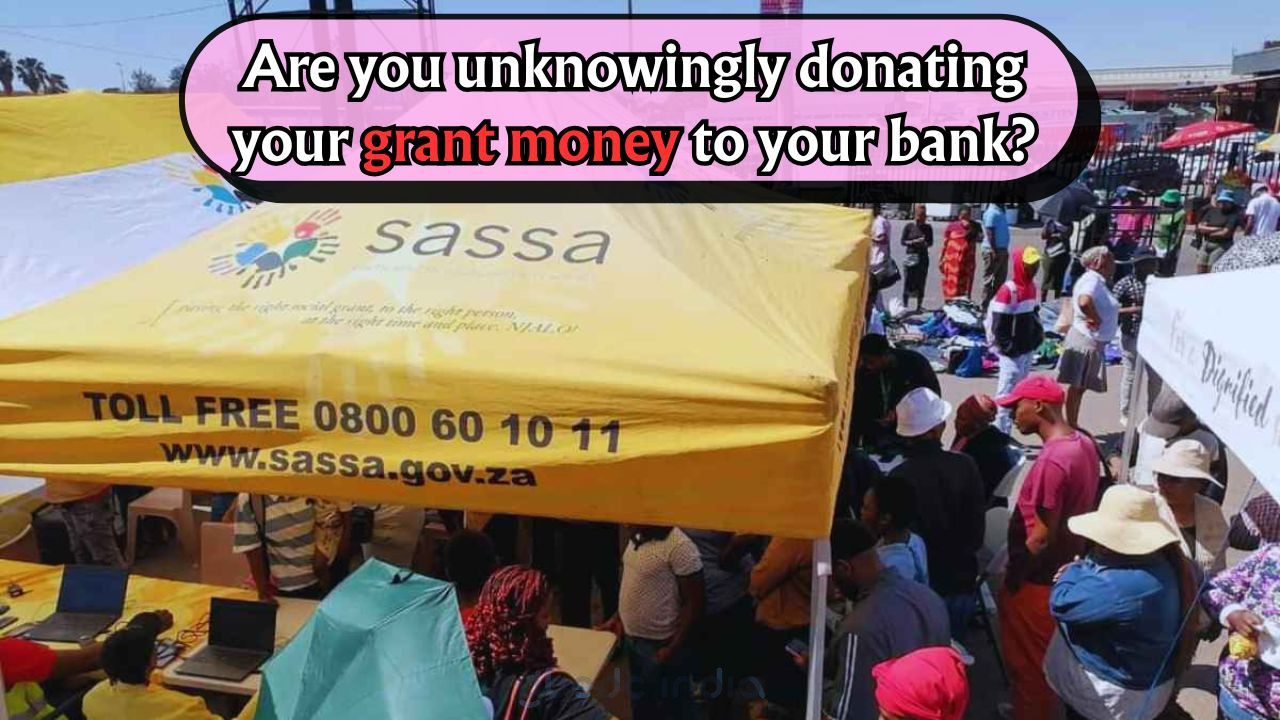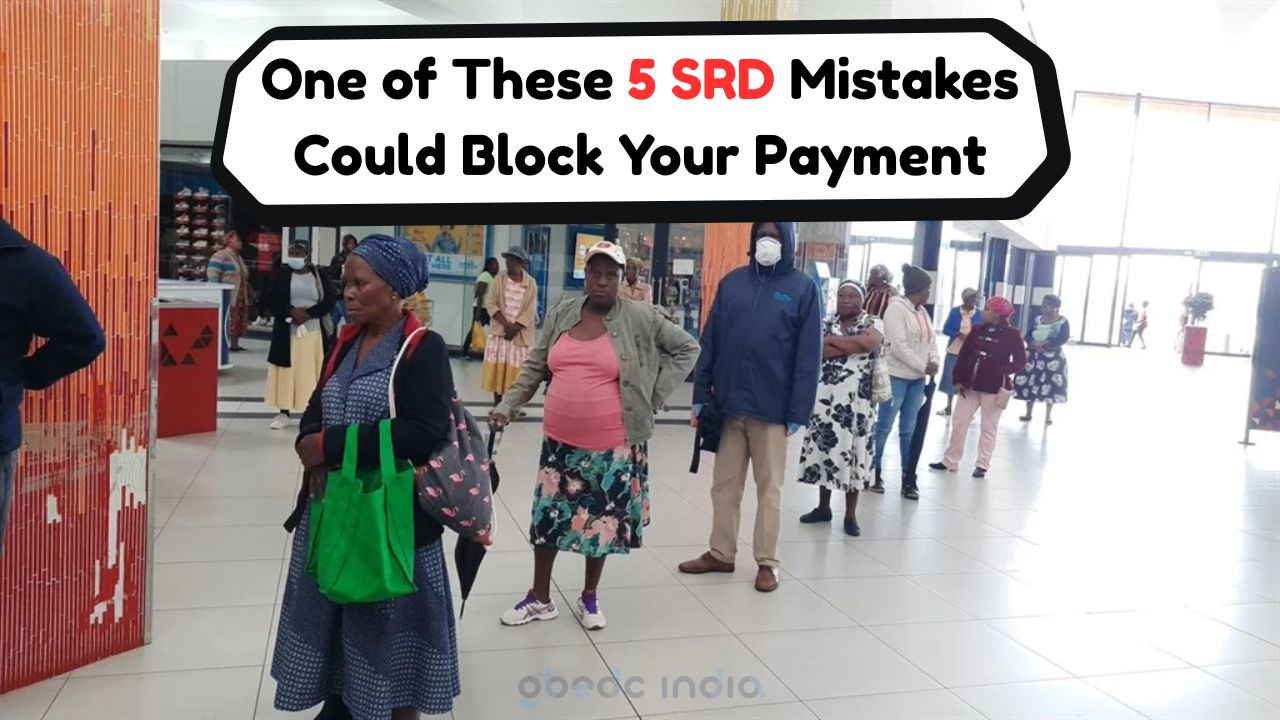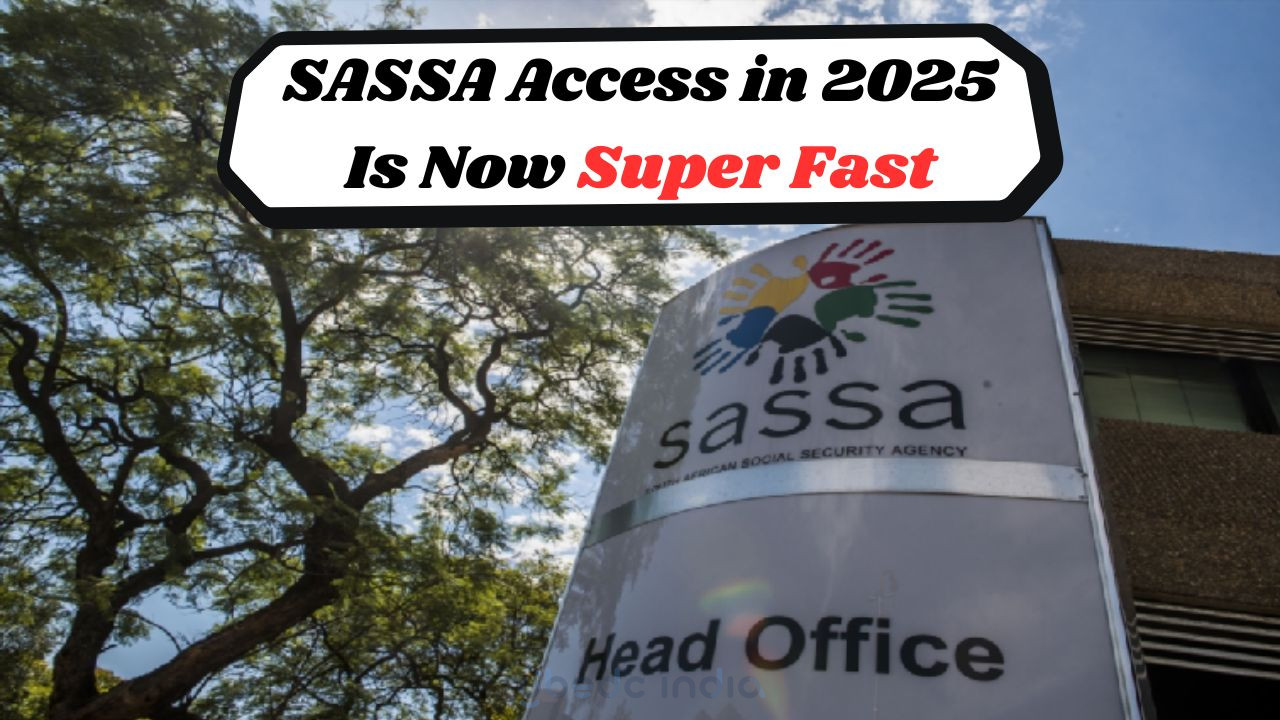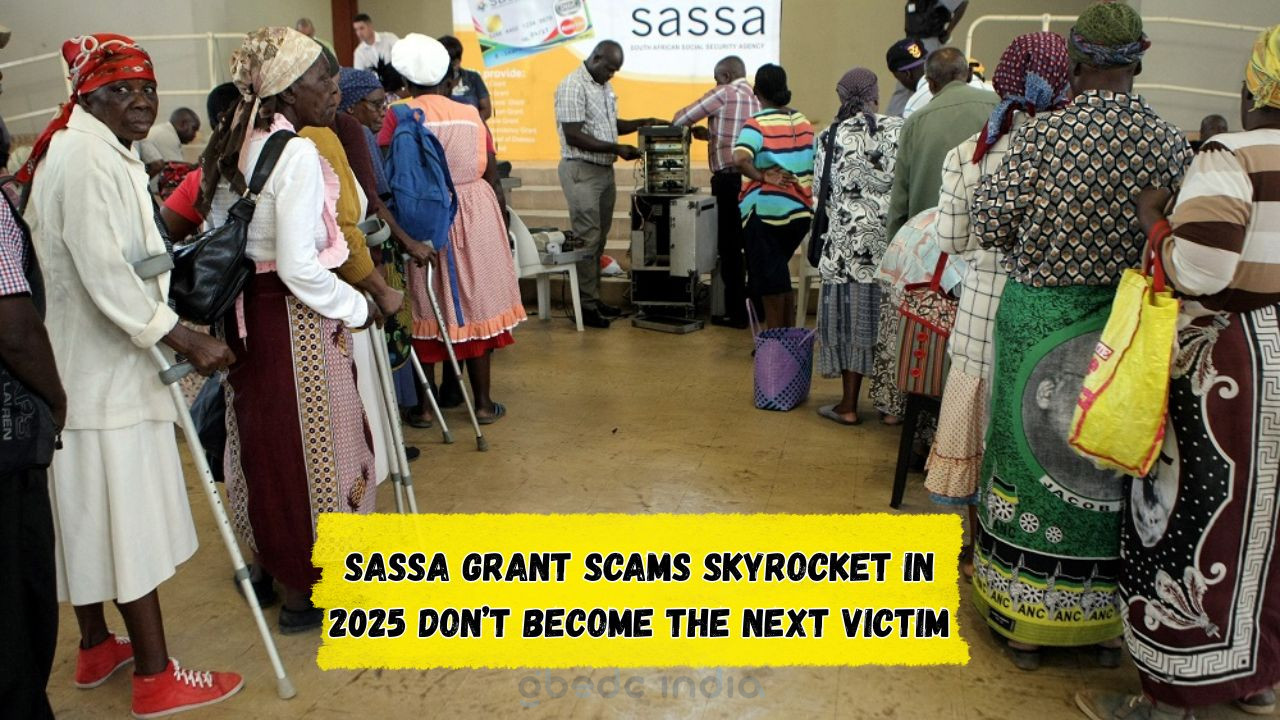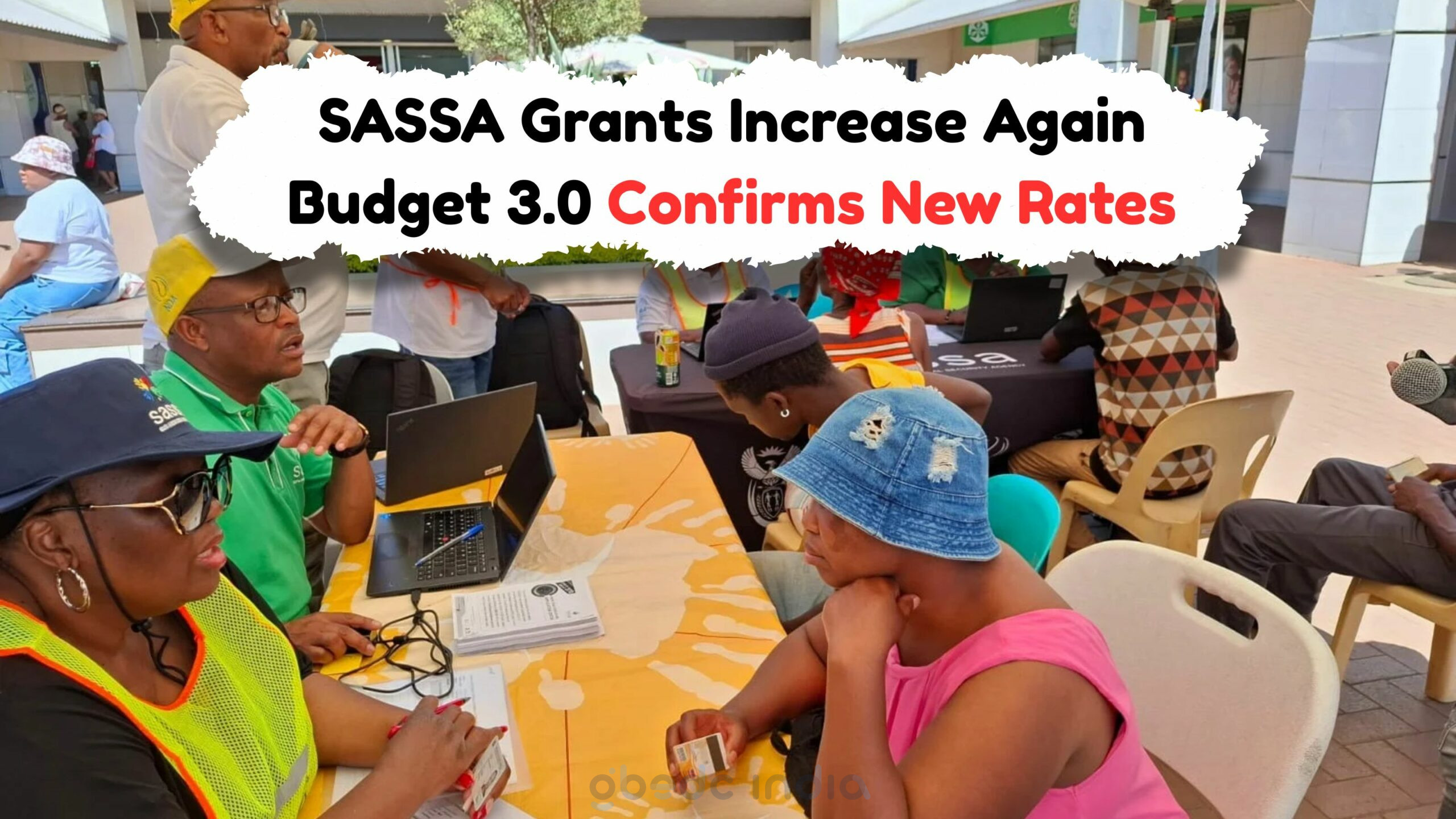Is Your 2025 SASSA Grant Being Eroded by Bank Charges?: Navigating the financial landscape of South Africa can be challenging, especially when unexpected costs like bank charges eat into your SASSA grant. As beneficiaries plan their monthly expenses around these grants, understanding how bank charges can impact the grant’s value is crucial. The 2025 SASSA grant is designed to provide financial support to those in need, yet many recipients find their funds dwindling due to unexpected deductions. It’s important to stay informed and proactive in managing these expenses to ensure that the full benefit of the grant is realized.
Understanding Bank Charges on SASSA Grants
When it comes to managing your 2025 SASSA grant, being aware of potential bank charges is key. These charges can vary depending on the bank and the type of account you hold. For many beneficiaries, these fees come as a surprise, reducing the amount of money available for essential needs. It’s important to understand that banks may impose fees for ATM withdrawals, balance inquiries, or monthly account maintenance. While these charges might seem small individually, they can add up over time, significantly impacting your grant’s value. By understanding these charges, you can take steps to minimize their impact, such as choosing the right type of bank account or using alternative methods to access your funds.
- ATM withdrawal fees
- Monthly account maintenance charges
- Balance inquiry fees
- Card replacement fees
- Overdraft fees
- Point-of-sale transaction fees
- Service fees on funds transfers
How to Minimize Bank Charges on Your SASSA Grant
Reducing bank charges can help you retain more of your SASSA grant each month. One effective strategy is to compare different banks’ fee structures to find an account that caters specifically to SASSA beneficiaries. Many banks offer special accounts with lower fees for grant recipients. Additionally, limiting the number of ATM withdrawals and opting for cashless transactions can help reduce costs. Utilizing your bank’s digital banking services can also minimize fees associated with traditional banking methods. By taking these steps, you can ensure that more of your grant is available for essential expenses.
| Bank | Account Type | Monthly Fee | Withdrawal Fee | POS Fee | Balance Inquiry Fee | Other Charges |
|---|---|---|---|---|---|---|
| Bank A | SASSA Account | R10 | R2 per withdrawal | Free | R1 | None |
| Bank B | Basic Account | R15 | R3 per withdrawal | R1 per transaction | Free | R5 for card replacement |
| Bank C | Grant Account | R5 | R2.50 per withdrawal | Free | R1.50 | R2 for balance inquiry |
| Bank D | Zero Fee Account | Free | Free | Free | Free | Free |
Choosing the Right Bank for Your SASSA Grant
Selecting the right bank is crucial for managing your SASSA grant effectively. It’s important to evaluate different banks’ offerings to ensure that your needs as a grant recipient are met. Consider factors such as proximity to ATMs, customer service quality, and additional benefits like financial literacy programs. By choosing a bank that understands and caters to SASSA beneficiaries, you can reduce unnecessary expenses and maximize your grant’s impact on your daily life.
- Evaluate fee structures
- Consider proximity to ATMs
- Check customer service reviews
- Inquire about financial literacy programs
- Look for additional benefits
- Ask about mobile banking options
Managing Your SASSA Grant with Financial Literacy
Empowering yourself with financial literacy is a powerful way to manage your SASSA grant more effectively. Understanding the basics of budgeting, saving, and spending can help you make informed decisions about your finances. Many banks offer workshops and resources that can guide you in developing these skills. By attending these programs, you can learn how to stretch your grant further and avoid unnecessary bank charges.
| Workshop | Duration | Cost |
|---|---|---|
| Budgeting Basics | 2 hours | Free |
| Saving Strategies | 1.5 hours | Free |
| Financial Planning | 3 hours | R50 |
| Understanding Bank Fees | 2 hours | Free |
The Impact of Bank Charges on SASSA Grant Recipients
Bank charges can have a significant impact on the financial well-being of SASSA grant recipients. For many, these charges reduce their already limited funds, making it challenging to meet essential needs. With a clear understanding of these charges, beneficiaries can take proactive measures to manage their accounts more effectively. By being informed and taking advantage of available resources, grant recipients can lessen the financial strain caused by these fees.
- Understand your bank statement
- Check for unexpected fees
- Contact your bank for clarification
- Explore fee-free banking options
Steps to Take if You Notice Excessive Bank Charges
If you notice excessive bank charges on your SASSA grant, it’s essential to take immediate action. Start by reviewing your bank statements to identify the charges in question. Then, contact your bank to discuss these charges and seek clarification. If necessary, consider switching to an account with lower fees or exploring alternative banking options that cater specifically to SASSA beneficiaries. By staying informed and proactive, you can protect your financial interests and ensure your grant is used as intended.
- Review your bank statements
- Contact your bank for clarification
- Consider switching accounts
- Stay informed about fees
FAQ Section
How can I avoid bank charges on my SASSA grant?
Consider opening a special account for SASSA recipients with lower fees and use digital banking services when possible.
What should I do if I am charged unexpectedly?
Contact your bank immediately for an explanation and review your account options.
Are there banks that offer fee-free accounts for SASSA beneficiaries?
Yes, some banks offer accounts specifically designed for SASSA beneficiaries with no or minimal fees.
How often should I review my bank statements?
It’s advisable to review your statements monthly to ensure all charges are accurate and expected.
Departmental Contact Details
SASSA Regional Office
Email: [email protected]
Helpline: 0800 601 011
Banking Ombudsman
Email: [email protected]
Phone: 0860 800 900
National Credit Regulator
Email: [email protected]
Phone: 0860 627 627
Consumer Protection Bureau
Email: [email protected]
Phone: 012 428 7000
